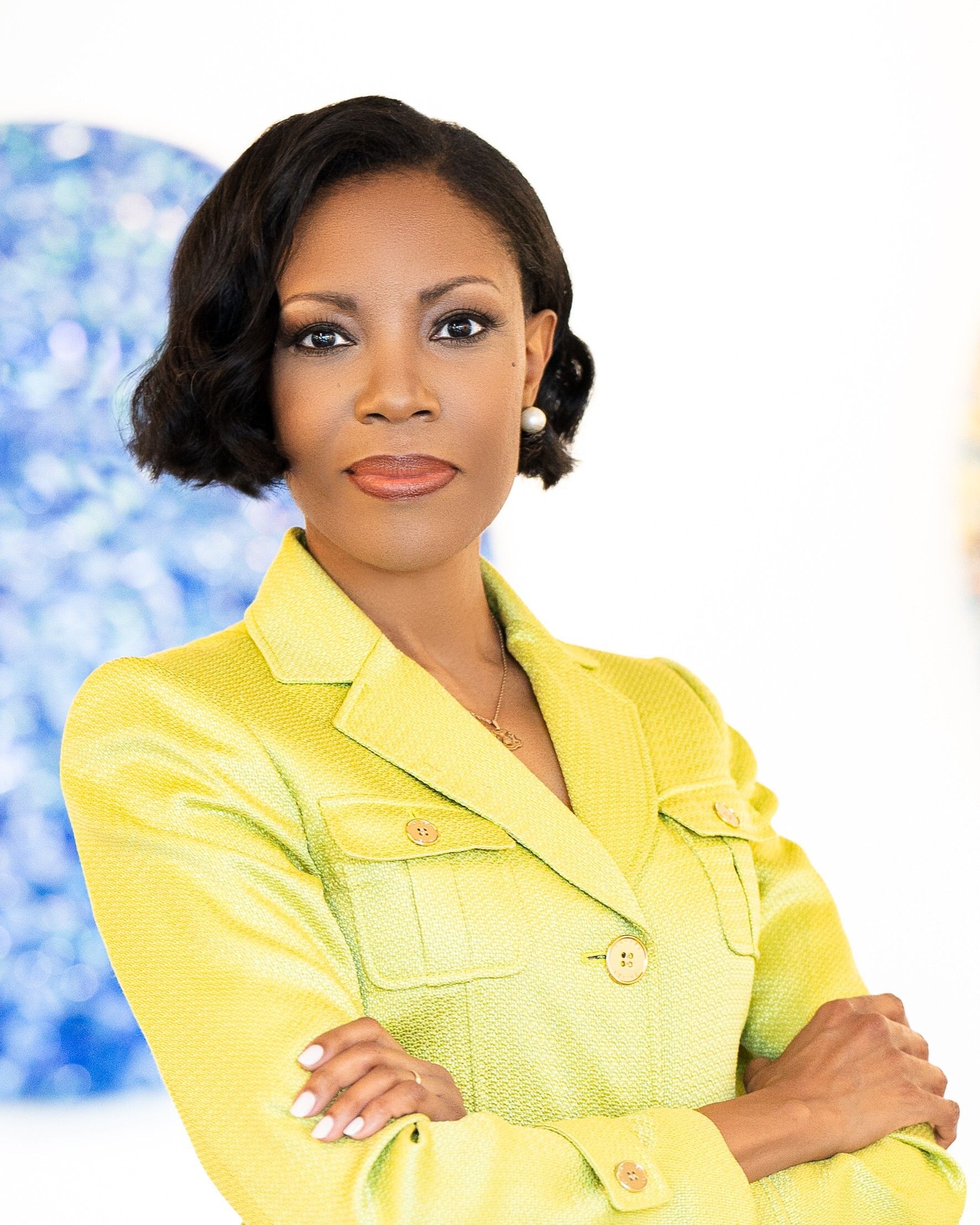
There is a dangerous myth circulating among high-achieving adults: that financial success alone guarantees legacy. But those of us who understand the layers of true wealth know better. We know that it’s not just about what you build, but what you protect. And in a world where financial deception is more sophisticated than ever, vigilance isn’t optional - it’s essential. Let’s get one thing straight: if you’re not a vigilant investor, your wealth is vulnerable. Period. Whether you’re funding your retirement, growing your portfolio, or planning to pass assets to the next generation, you must become a protector of your financial legacy, not just a participant.
What Is a Vigilant Investor? A vigilant investor doesn’t just save or invest. They engage. They question. They learn. They verify. They don’t outsource their financial peace of mind; they co-create it. Being vigilant means understanding that the financial system is made up of human beings that are fallible, biased, and sometimes unethical. It also means you don’t rely solely on institutions or advisors to protect your money. You set expectations, ask hard questions, and develop the emotional discipline to make value-based decisions even in uncertain markets.
3 Critical Areas Where Vigilance Matters Most
1. The System Isn’t Foolproof - You Still Need Proof Let’s begin with the reality that financial systems and regulatory bodies are not immune to failure. Government agencies may exist to protect investors, but they can overlook red flags, misplace accountability, or simply operate under outdated assumptions.
That’s why it’s crucial to verify the legitimacy of the firms you invest with. Ask the hard questions:
• Is this firm registered with the SEC or your state’s regulatory body?
• Has the company ever been fined or penalized?
• Who holds your money - an independent custodian or the advisor themselves? If you don’t know the answers to these questions, your wealth may be sitting in a structure with no guardrails.
2. Your Financial Advisor Should Be a Fiduciary, Not a Mystery
Trust is important. Transparency is vital.
If you're working with a financial advisor, you should know their investment philosophy. You should understand how your money is being managed, where it’s being held, and whether the advisor is required by law to act in your best interest.
That legal requirement is known as fiduciary duty. Advisors who carry it are legally and ethically obligated to put your needs before their own. Not all financial professionals do.
Ask:
• Are you a fiduciary?
• How are you compensated?
• Can I access my accounts online and independently?
• Do you offer performance reports that follow global investment standards?
If your advisor cannot or will not answer these questions clearly, confidently, and with documentation, it’s time to reassess the relationship.
3. Your Own Behavior Can Be the Weakest Link
Let’s go deeper. Even with the best systems and honest advisors, there’s still one person who can sabotage your legacy - you.
Investor behavior is often driven by bias, emotion, and overconfidence. Behavioral finance tells us that some of the most common cognitive traps can cloud even the smartest investor’s judgment:
• Similarity bias: Trusting someone simply because they look like you or come from your community.
• Herding bias: Investing because “everyone else is doing it” rather than evaluating your unique situation.
• Confirmation bias: Only accepting information that supports what you want to believe.
If we’re not careful, these instincts override logic and we can find ourselves chasing unrealistic returns, ignoring red flags, or staying silent when we should be speaking up. This is especially harmful in our community, where wealth gaps are already systemic. When we don't investigate where we invest or who we entrust, we open the door to losing everything we’ve built.
How to Build Wealth and Wisdom
Becoming a vigilant investor isn’t about becoming suspicious of everyone, it’s about being strategic, emotionally intelligent, and informed.
Here’s how you start:
1. Trust but always verify. Yes, it's good to work with people you respect. But your trust should be supported by documentation, transparency, and access.
2. Ask better questions. Whether you’re hiring a new advisor or reviewing your current one, ask: What’s your investment philosophy? What is your risk management process? Who audits your performance?
3. Stay grounded in data, not hype. Historical returns matter. Market volatility is natural. Anyone promising consistent, high returns with zero risk is selling a dream...or a scam.
4. Check your statements. It’s your money. You should know exactly where it is, how it’s performing, and how to access it.
5. Strengthen your emotional mastery. Make money decisions from your values, not from fear or pressure. Emotional control is one of the most overlooked wealth strategies in existence.
Your Legacy Deserves a Watchful Eye
Legacy isn’t a one-time event. It’s an ongoing act of stewardship. It’s not just about what you pass down, it’s about the integrity with which you built it.
As a community, we’ve come too far to be caught off guard. We’ve overcome too much to let a lack of vigilance be our downfall. Being a vigilant investor is not about knowing everything - it’s about knowing enough to protect everything.
And that is the kind of wealth that lasts.
Marcella Mollon-Williams is a Behavioral Financial Advisor™, Certified Master Mindset Coach, and co founder of Legacy Builder Group. She helps first-generation high-income earners and their families build, sustain, and protect multi-generational wealth through financial intelligence and legacy-driven leadership. Legacy Builder Group specializes in Legacy Planning, Life Insurance and Investments.
Want a free guide to help you ask the right questions before hiring a financial advisor?
Visit https://bit.ly/lbgretirementready to download. Connect with me on LinkedIn - https://www.linkedin.com/in/msmwilliams
▶ Was this email forwarded to you?